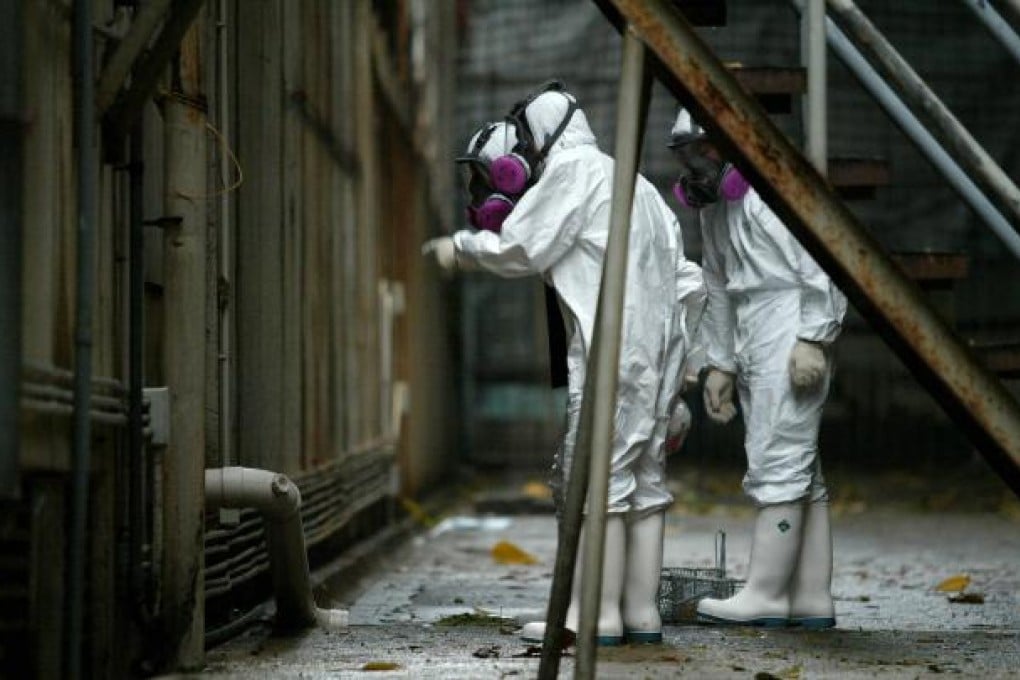Ten years on - the mental and physical scars of Sars
The deadly epidemic that struck a decade ago has left a long-term mark. The first in a two-part series looks at the mental and physical scars

Ten years ago today, residents of Amoy Gardens in Hong Kong woke up to find their homes were on the front pages of newspapers around the world.

Ten years on, a psychiatrist is leading a group of former Sars patients back to their former estate for a photography session - part of long-term counselling to help the victims put the pain of the pandemic behind them.
Although the long-term physical effects of Sars - including bone necrosis - are well documented, the psychological effects are less well understood. Many otherwise healthy adults are still suffering mental trauma as a result of the infection - with media and public interest in the 10th anniversary of the crisis forcing some to relive their ordeal.
"This period of time is a particular challenge to them," said United Christian Hospital psychiatrist Ivan Mak Wing-chit, who is treating Sars survivors.
"One patient said he felt depressed after seeing reports about the Sars 10th anniversary, despite the reports being very positive. He said he felt bad and abnormal about being trapped in the horror of the memory, while other people seemingly have come out of the darkness."